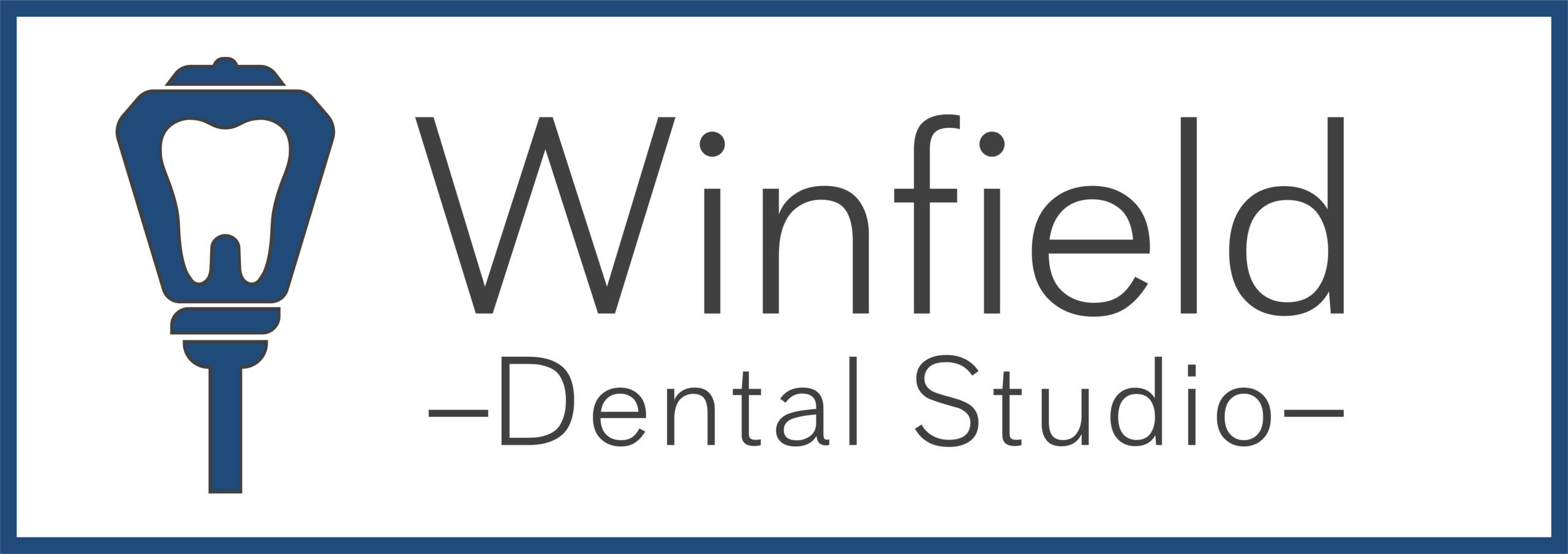
Sleep should restore your energy and strengthen your body. For many adults, though, sleep apnea silently interrupts this cycle, forcing the heart and lungs to work harder throughout the night. Over time, this constant strain can do more than disrupt rest—it can increase the risk of serious cardiovascular problems.
This blog explains the link between sleep apnea and heart health, what research tells us, and why early treatment matters to your health.
The Connection Between Sleep Apnea and the Heart
Obstructive sleep apnea occurs when the airway collapses repeatedly during sleep, causing repeated pauses in breathing. With each pause, oxygen levels drop and the body shocks itself awake, without your awareness.
When this happens night after night, your cardiovascular system pays the price. Sleep apnea has been linked to higher risks of high blood pressure, abnormal heartbeat, heart attack, and stroke, as stated by the American Heart Association. The heart undergoes stress as if it’s running a marathon—except it’s happening while you’re asleep.
Why Oxygen Drops Put the Heart Under Stress
The heart depends on a steady oxygen level to function properly. In sleep apnea, oxygen saturation can drop dozens of times during an hour. These drops activate the “fight or flight” response, cranking up blood pressure and constricting blood vessels.
Over time, this ongoing stress can:
- Raise the risk of hypertension that persists even during the day
- Make the heart work harder to pump blood through stiffened arteries
- Causes arrhythmias, especially atrial fibrillation
These effects can partly account for the fact that patients with untreated sleep apnea tend to have problems with heart health despite observing healthy lifestyles during the daytime.
What Studies Tell Us About Sleep and the Heart
Studies confirm the link. The National Institutes of Health reports that moderate to severe untreated sleep apnea increases the risk of heart failure by about 140%. Risks for stroke and coronary artery disease also significantly increase in people with abnormal sleep breathing.
The good news: treatment can change outcomes. Patients who receive sleep apnea relief through CPAP therapy, oral appliances, or lifestyle changes might see improvement in blood pressure as well as overall cardiovascular function.
Recognizing the Warning Signs
Not everyone with sleep apnea knows they have it. Some symptoms that are easily overlooked include:
- Loud, chronic snoring
- Gasping or choking during sleep
- Morning headaches
- Daytime fatigue despite a full night in bed
If you notice these symptoms, it may be time to visit a professional sleep treatment specialist in Winfield. Early detection of the condition protects both restful nights and long-term cardiac health.
Treating sleep apnea is a matter of more than simply providing you with additional energy. It is part of lowering risks for significant heart issues. With contemporary diagnostic and treatment techniques, patients can restore restorative sleep and reduce cardiovascular stress.
Your heart requires regular, restorative sleep to perform at its optimum level. Untreated sleep apnea upsets this balance and jeopardizes your health. If you’re concerned about your sleep or are showing symptoms of sleep apnea, don’t wait. Call Winfield Family Dentistry to explore practical sleep solutions.




